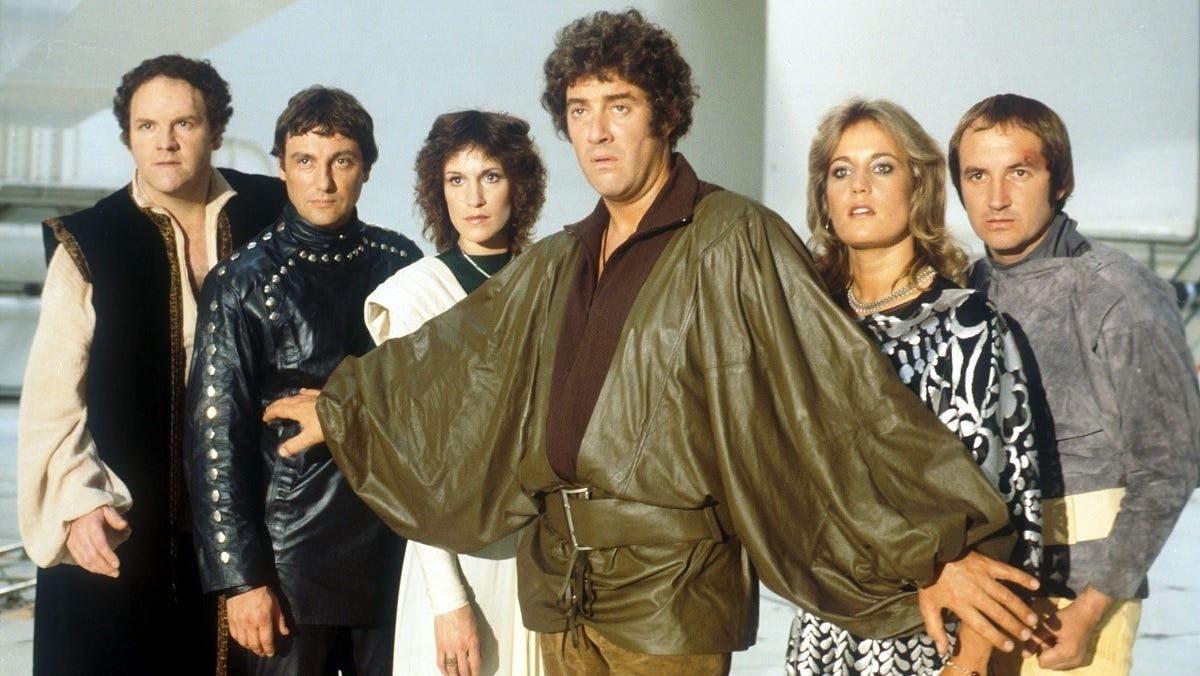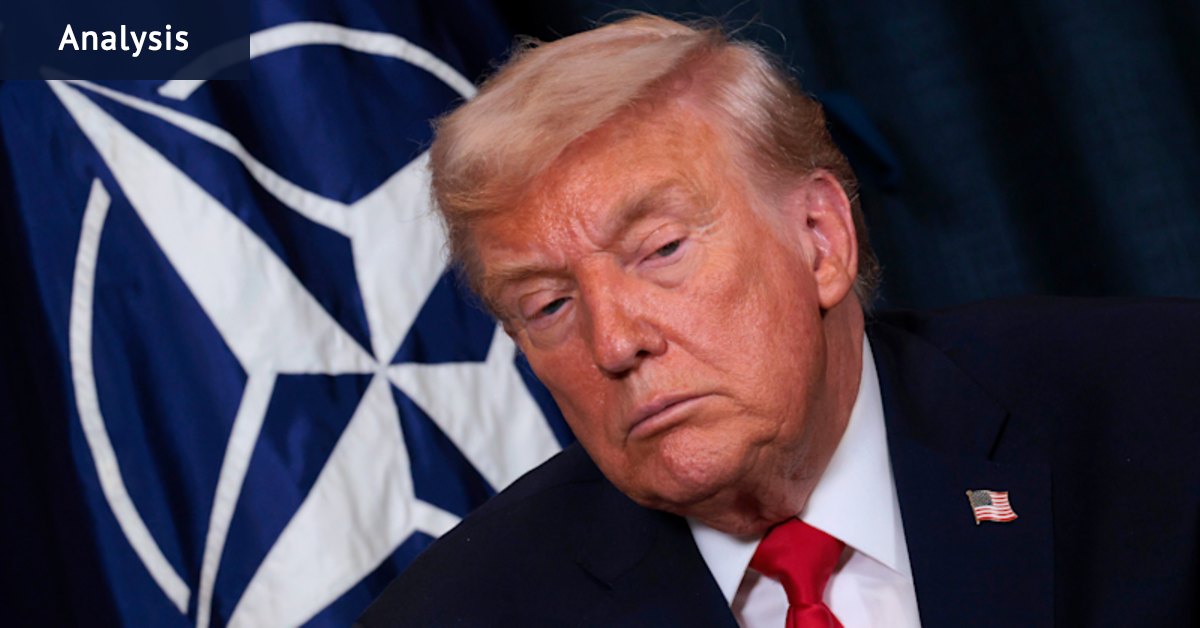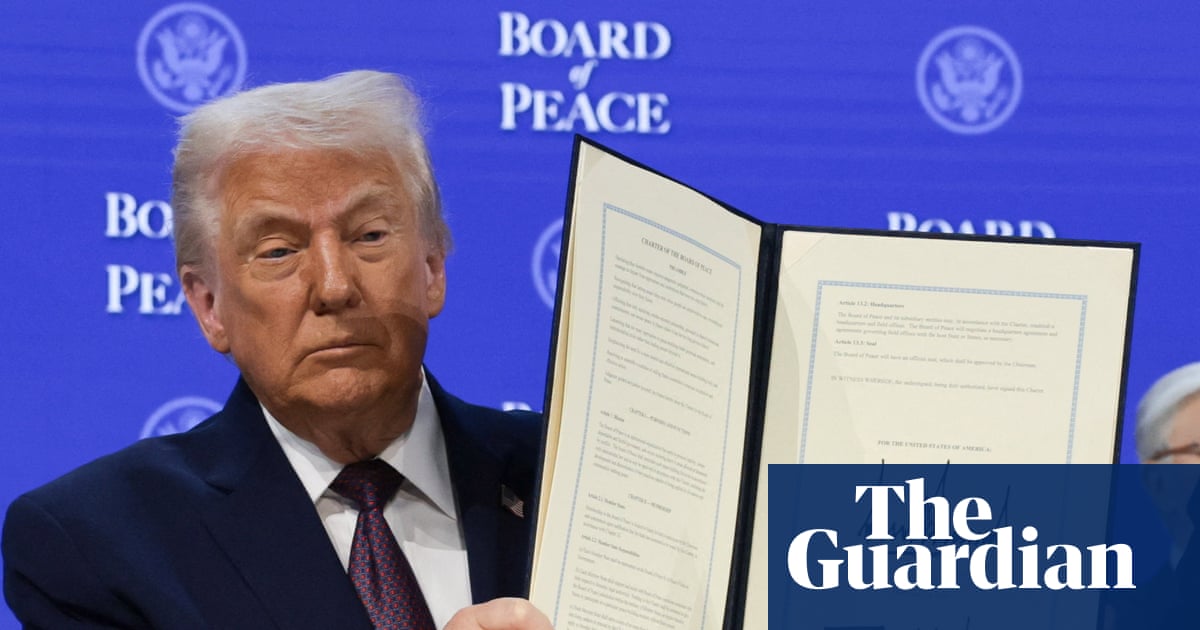
The World Health Organization (WHO) has announced its latest recommendations for the composition of influenza vaccines to be used in the 2026 season across the Southern Hemisphere. This announcement, made on September 26, 2025, underscores the critical need for regular updates to vaccine formulations due to the ever-evolving nature of influenza viruses.
According to the WHO, trivalent vaccines for the upcoming Southern Hemisphere influenza season should include specific viral components. In regions where the transition from quadrivalent to trivalent vaccines is incomplete, a fourth component—a B/Yamagata lineage virus (B/Phuket/3073/2013-like virus)—is recommended. However, consistent with the past four WHO advisories since September 2023, the inclusion of a B/Yamagata lineage antigen is deemed unnecessary.
Understanding the WHO’s Recommendations
The WHO’s recommendations play a pivotal role in guiding national and regional health authorities, pharmaceutical companies, and stakeholders in the development, production, and licensing of influenza vaccines. These guidelines are essential for ensuring that vaccines remain effective against the circulating strains of the virus, thereby safeguarding public health globally.
The WHO has also updated its recommendations for developing new candidate vaccine viruses targeting zoonotic influenza, a move aimed at bolstering pandemic preparedness. This proactive approach is crucial, given the potential for zoonotic viruses to spark future pandemics.
The Importance of Vaccine Composition Updates
The announcement comes as a reminder of the dynamic nature of influenza viruses, which necessitates continual monitoring and adjustment of vaccine compositions. Dr. Maria Van Kerkhove, WHO’s Technical Lead for COVID-19, emphasized the importance of these updates, stating,
“Regular updates to vaccine composition are essential to ensure their effectiveness and to protect public health worldwide.”
Historically, influenza vaccines have undergone frequent revisions to match the most prevalent virus strains. This practice has been instrumental in reducing the incidence and severity of influenza outbreaks. The WHO’s advisory committee reviews global surveillance data to make informed decisions about vaccine formulations.
Expert Opinions and Future Implications
Experts in the field of virology and public health have welcomed the WHO’s recommendations. Dr. Anthony Fauci, a leading infectious disease specialist, noted,
“The WHO’s guidance is crucial for maintaining the efficacy of influenza vaccines and preparing for potential pandemics.”
Meanwhile, pharmaceutical manufacturers are gearing up to incorporate these recommendations into their production processes. The move represents a significant step towards ensuring that vaccines are available and effective for the upcoming flu season in the Southern Hemisphere.
Looking Ahead: Pandemic Preparedness
The WHO’s focus on zoonotic influenza highlights the organization’s commitment to pandemic preparedness. By updating recommendations for candidate vaccine viruses, the WHO aims to stay ahead of potential threats that could arise from animal-to-human transmission of viruses.
As the world continues to grapple with the challenges posed by infectious diseases, the WHO’s proactive measures serve as a reminder of the importance of vigilance and adaptability in public health strategies. The organization’s efforts to guide vaccine composition reflect a broader commitment to safeguarding global health.
In conclusion, the WHO’s 2026 influenza vaccine recommendations for the Southern Hemisphere underscore the necessity of ongoing vigilance and adaptation in the face of evolving viral threats. As these recommendations are implemented, they will play a critical role in protecting populations and enhancing pandemic preparedness worldwide.







